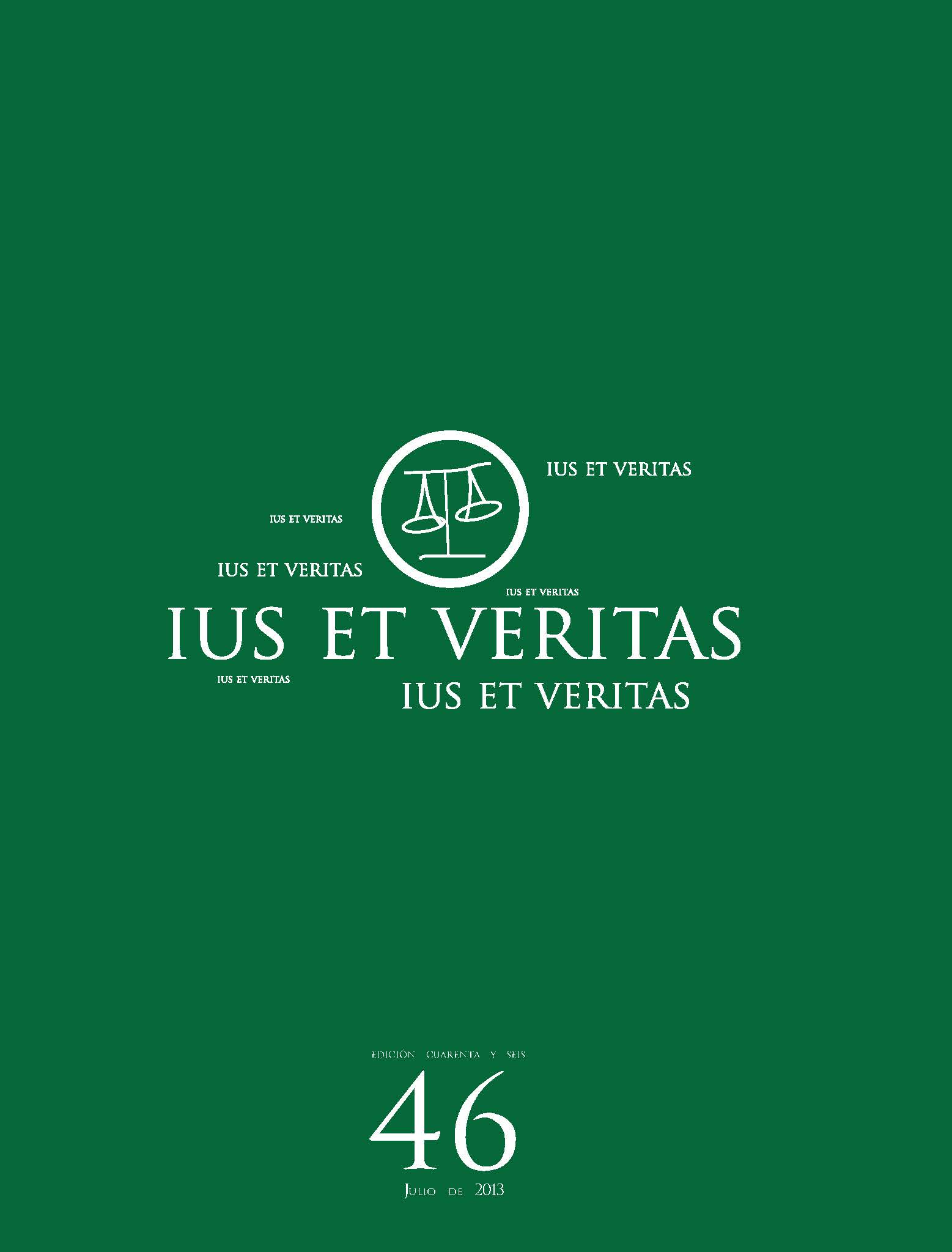La asistencia de los testigos adversos a la audiencia de juzgamiento : hacia una interpretación razonada del segundo párrafo del artículo 21 de la Ley 29497, Nueva Ley Procesal del Trabajo
Keywords:
prueba, testigo, juez, proceso, laboral, delitoAbstract
El artículo sostiene que en el caso de testigos adversos ofrecidos por una de las partes del proceso laboral, cuya declaración es fundamental para conocer los hechos de la controversia planteada ante el órgano jurisdiccional, no se debe aplicar estrictamente la regla general prevista en el segundo párrafo del artículo 21 de la Ley 29497, en el sentido que cada parte es responsable de concurrir a la audiencia en que se actúan las pruebas con los medios probatorios que ha ofrecido. Así, el artículo plantea que en estos casos el juez laboral debe citar al testigo, a fin de que este tenga mayores incentivos para asistir a la audiencia de juzgamiento, pues su eventual incumplimiento del mandato judicial podría justificar la imposición de una multa y/o la imputación del delito de negativa a colaborar con la administración de justicia, tipificado en el artículo 371 del Código Penal.
The article states that in the case of adverse witnesses requested to testify by one of the parties of a labor procedure, whose testimony is fundamental to know the facts of the controversy proposed before the jurisdictional authority, the general rule foreseen in the second paragraph of article 21 of Law 29497 (each party is responsible for the evidence it has offered) must not be applied strictly. thus, the article suggests that in these cases a labor judge must summon the witness, in order for him to have greater incentives to attend to the judgment hearing, since his failure to comply with the judge’s order could justify the imposition of a fine and/or the imputation of the crime foreseen in article 371 of the Penal Code (refusal to cooperate with the justice administration).
Downloads
Downloads
Published
How to Cite
Issue
Section
License
Copyright (c) 2016 IUS ET VERITAS

This work is licensed under a Creative Commons Attribution 4.0 International License.



.png)
.png)
